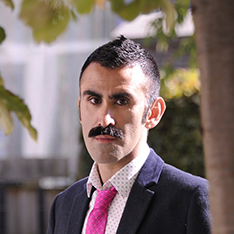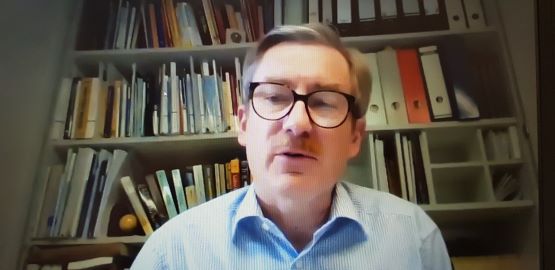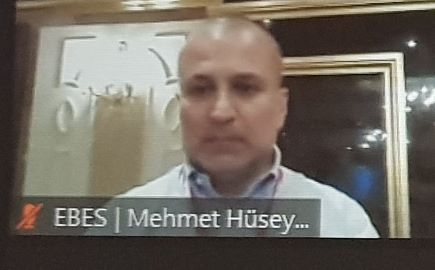A new GLO Discussion Paper finds for Italian women that those with stronger stereotypes are more likely to state that they know a victim of violence but are not more likely to state that violence (physical or psychological) is widespread in their area of residence.
GLO Discussion Paper No. 869, 2021
Domestic Violence and Gender Stereotypes: Perceptions, Justifications, and Reactions – Download PDF
by Barili, Emilia & Grembi, Veronica & Rosso, Anna C.
GLO Fellow Veronica Grembi
Author Abstract: Using a new measure of the strength of gender stereotypes defined at the individual level and based on responses to a survey conducted with more than 4,500 Italian women in July 2020, we show that women with stronger stereotypes are more likely to state that they know a victim of violence but are not more likely to state that violence (physical or psychological) is widespread in their area of residence. They are also more likely to rank behaviours meant to control a victim’s interpersonal contacts and access to financial resources as more serious than physically and sexually violent behaviours and to justify violent acts using distressing, event-specific circumstances (e.g., a period of economic distress) rather than the deep-seated psychological issues of the attackers. Finally, when personal stereotyping is stronger, respondents are more likely to suggest that a hypothetical victim of violence either not react to or deal directly with the partner rather than look for formal help. Using different controls for the impact of the first wave of the COVID-19 pandemic on the respondents’ personal and economic lives does not affect our main findings.

GLO Discussion Papers are research and policy papers of the GLO Network which are widely circulated to encourage discussion. Provided in cooperation with EconStor, a service of the ZBW – Leibniz Information Centre for Economics, GLO Discussion Papers are among others listed in RePEc (see IDEAS, EconPapers). Complete list of all GLO DPs – downloadable for free.
The Global Labor Organization (GLO) is an independent, non-partisan and non-governmental organization that functions as an international network and virtual platform to stimulate global research, debate and collaboration.
Ends;






























